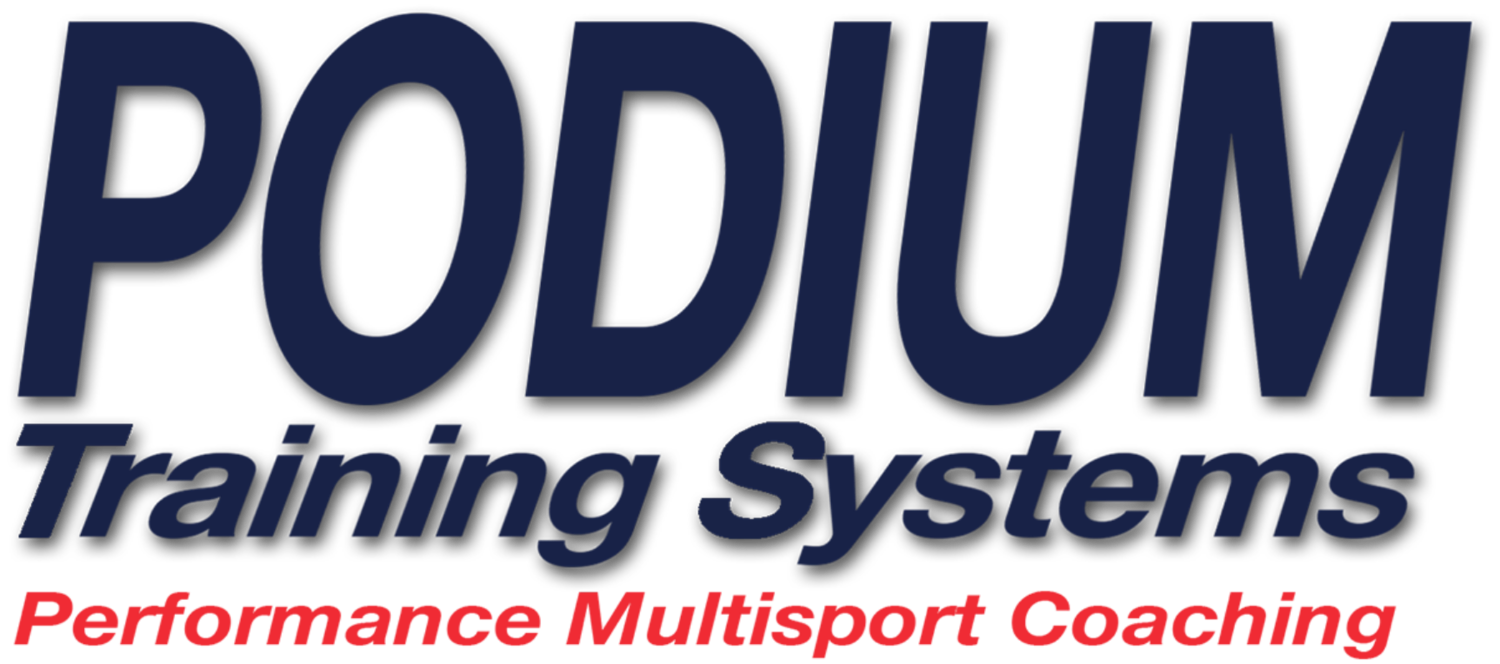A few months back I had an athlete racing at an Olympic distance triathlon. He was racing in the men's open division and was on his way to earning his pro-card that day. He had a great swim, and he was in 2nd place a few miles into the bike leg.
He missed the turn for the Olympic distance race. He continued on the half-iron distance bike course for 2 miles before realizing what happened. By the time he made it to T2, he was too far behind to make the podium. He wasn't happy, obviously. But after chatting with him for a while, we moved forward and walked away from the event with a good attitude and some clear ideas on how to ensure that didn't ever happen again.
Call them setbacks, or failures, or what-have-you. It’s important to fail. Whether as a junior age-grouper when you were growing up, or as a competitive age-grouper racing with other adults at a 70.3, local Olympic distance triathlon, or even the annual Turkey Trot in your town. Or both.
Not performing as well as one would have hoped at an event can be frustrating, of course. But it's also a teachable moment. A motivator. It’s an opportunity to determine what didn’t go correctly and to plan – and more importantly, why? Then, with that information, you can determine how to fix that limiter moving forward.
In fact, as a coach, I look forward to the occasional setback. Whether with one of my athletes or my own.
As a coach it’s frustrating when an athlete experiences a setback - or fails - especially in a race. But it's going to happen. Your athlete needs to understand that - and so do you, the coach. It’s those times that, as a coach, we need to focus on the positives with the athlete. Talk about what we learned from the experience and discuss how we’re going to go about resolving the issue at hand.
As an athlete, again, this is a teachable moment. It’s hard to grasp that concept when you cross the finish line and are frustrated by your less than anticipated result. But it happens to everyone now and again. The pro’s….everyone.
A few years ago, a family in my community threatened to sue a school district because their son didn’t make the varsity baseball team. Now, when I was growing up, you either made the varsity team or you didn’t. And in some cases, if there was no junior varsity squad, it meant you didn’t play at all.
When I was growing up, If I didn’t make the team, then I worked hard to improve. I took that setback and used it as a motivator. I learned right away that things aren't always going to come easily. They didn't. And they still don't.
At the end of the day, it’s about doing your best. If that means you earned a trophy, or a personal best, or you left nothing in the tank at the end of the race and know you couldn’t have gone 1 second faster, then you’ve succeeded that day.
The point?
Work hard toward your goals. Work very hard. Those goals should be challenging, but attainable. Will they come easily? If you set your goals properly then the answer is of course: No. They won’t. But they’ll be achievable through hard work. Will you have a setback throughout your journey? More than likely. Probably, in fact. Embrace that moment. Learn from it. Don’t let it get you down. Become a better person from it. A better athlete. Be stronger from the experience.
But don’t give up.



